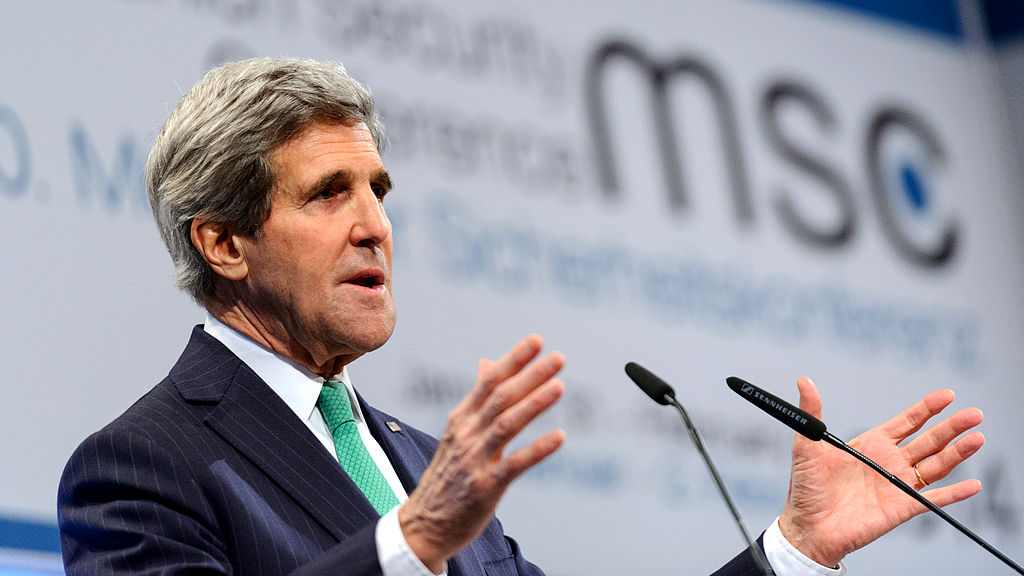China bans critical industries from purchasing Micron products for failing “cybersecurity review”
05/29/2023 / By Olivia Cook
China is banning major Chinese firms from purchasing products from American semiconductor company Micron Technology, claiming the company’s products failed to pass a cybersecurity review.
The decision came amid a dispute over semiconductor technology between Washington and Beijing, which could affect other sectors of the economy, ranging from telecons to transport and finance. (Related: US officials to talk with Dutch counterparts about restricting exports of chip-making gear to China.)
“The review found that Micron’s products have serious network security risks, which pose significant security risks to China’s critical information infrastructure supply chain, affecting China’s national security,” claimed the Cyberspace Administration of China (CAC) in a statement.
Micron is a Boise, Idaho-based tech company that mainly manufactures computer memory and computer data storage devices. It is also the largest memory-chip manufacturer in the United States. Last year, Micron generated about 16 percent of its total revenue – or $5.2 billion – from China and Hong Kong.
The CAC neither provided details on what risks it had found or what Micron products would be affected. The CAC also refused to elaborate on which industries it considers part of China’s “critical information infrastructure supply chain.”
The Chinese ban came less than two months after Beijing announced an investigation on imports from Micron, the largest memory-chip maker in the United States. In a statement, Micron said it is evaluating the conclusion and assessing its next steps. “We look forward to continuing to engage in discussions with the Chinese authorities.”
Ban likely politically motivated, part of US-China trade war
The ban appears to be a response to the sweeping ban Washington put in place late last year on selling advanced chip-making technology to China. In particular, Washington seems to be keen on preventing Micron’s rival, Yangtze Memory Technologies, from getting its hands on certain American semiconductor components that the Chinese company might possibly reverse-engineer.
China has also been looking for ways to retaliate against intensified U.S. sanctions against Chinese companies. But Chinese officials have also been wary of retaliating too strongly as it might further limit Chinese companies’ access to advanced Western technology.
In a statement, the Department of Commerce opposed Beijing’s restrictions against Micron. “This action, along with recent raids and targeting of other American firms, is inconsistent with [China’s] assertions that it is opening its markets and committed to a transparent regulatory framework,” said the department in a statement.
The Commerce Department added that it will continue attempting to engage directly with Chinese authorities to explain America’s position on the matter and will also engage with key allies and partners to address potential disruptions to the memory-chip market following China’s unilateral ban.
The announcement of the ban came during a summit of the U.S.-led Group of Seven (G7) organization in Japan, wherein President Joe Biden said other G7 nations have agreed to “de-risk and diversify our relationship with China” to counter economic “coercion” coming from Beijing.
Learn more about China’s latest economic moves at CommunistChina.news.
Watch the following video from “China in Focus” discussing Micron being banned in China.
This video is from the Pool Pharmacy channel on Brighteon.com.
More related stories:
Arizona and Texas to become hubs for EV, battery and semiconductor companies.
Taipei to comply with US chip export rules directed at Beijing.
Sources include:
Submit a correction >>
Tagged Under:
China, chips, computer chips, computing, cyber war, cybersecurity, economy, exports, finance, information technology, memory-chips, Micron, national security, semiconductor industry, semiconductors, supply chain, trade war
This article may contain statements that reflect the opinion of the author
RECENT NEWS & ARTICLES
COPYRIGHT © 2018 GLOBALISM.NEWS
All content posted on this site is protected under Free Speech. Globalism.news is not responsible for content written by contributing authors. The information on this site is provided for educational and entertainment purposes only. It is not intended as a substitute for professional advice of any kind. Globalism.news assumes no responsibility for the use or misuse of this material. All trademarks, registered trademarks and service marks mentioned on this site are the property of their respective owners.




















